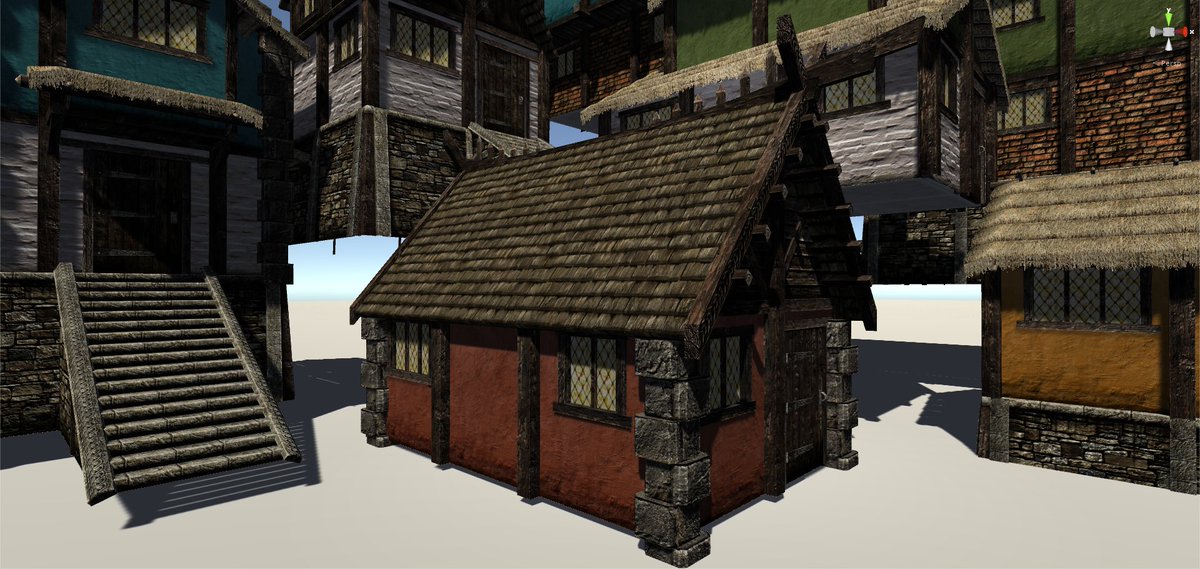

Multiplying all of the denominators ensures that the new denominator is certain to be a multiple of each individual denominator.

One method for finding a common denominator involves multiplying the numerators and denominators of all of the fractions involved by the product of the denominators of each fraction. Unlike adding and subtracting integers such as 2 and 8, fractions require a common denominator to undergo these operations. Fractions can undergo many different operations, some of which are mentioned below.

Note that the denominator of a fraction cannot be 0, as it would make the fraction undefined. If a person were to eat 3 slices, the remaining fraction of the pie would therefore be 5Īs shown in the image to the right. 1 of those 8 slices would constitute the numerator of a fraction, while the total of 8 slices that comprises the whole pie would be the denominator. A more illustrative example could involve a pie with 8 slices. , the numerator is 3, and the denominator is 8. The numerator represents the number of equal parts of a whole, while the denominator is the total number of parts that make up said whole. It consists of a numerator and a denominator. In mathematics, a fraction is a number that represents a part of a whole. Use this calculator if the numerators or denominators are very big integers.


 0 kommentar(er)
0 kommentar(er)
